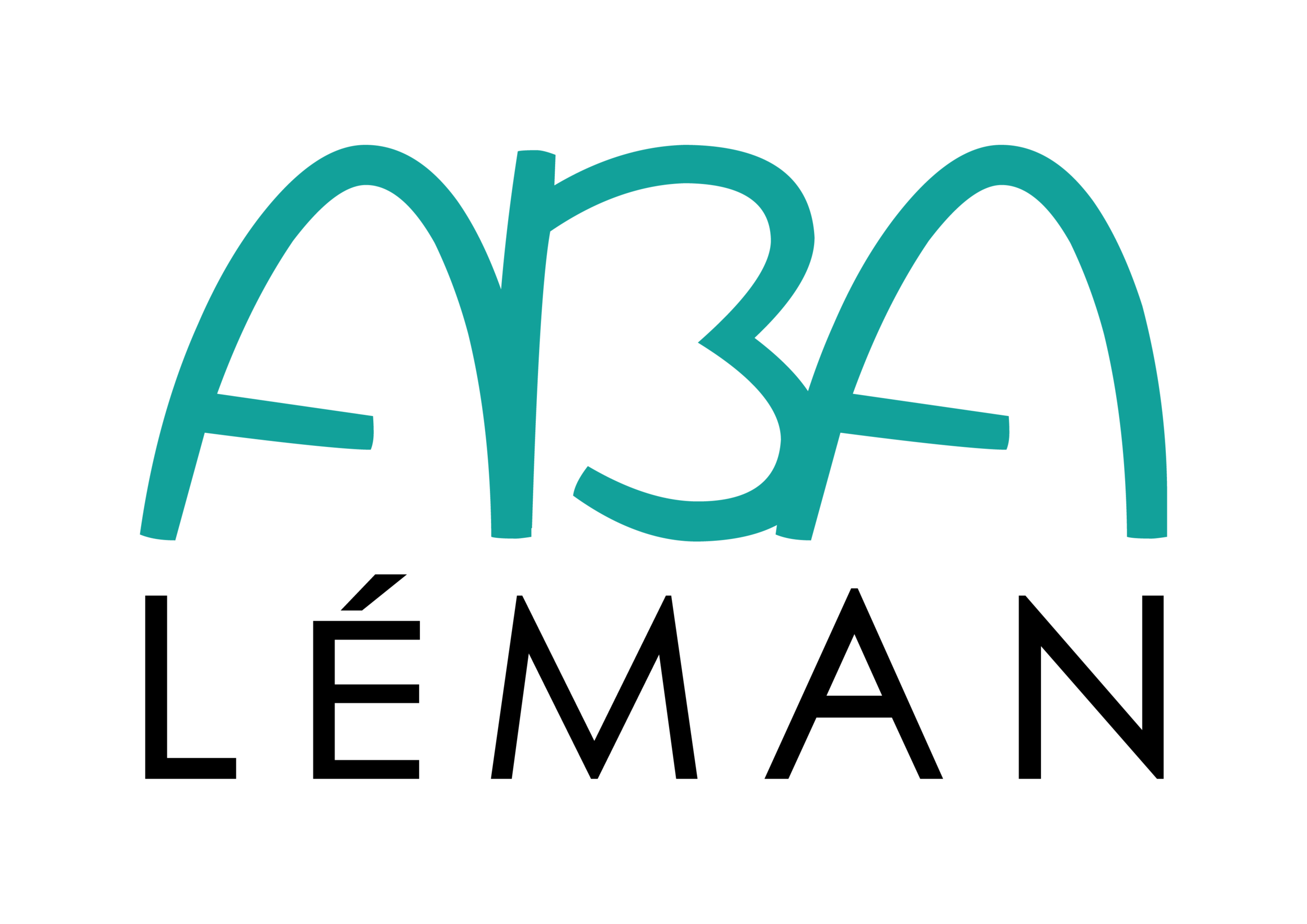How to apply discipline on your child?
Disciplining your child means teaching them responsible behaviours and self-control. With appropriate and consistent discipline, your child will learn about consequences and taking responsibility for their own actions. The aim is to encourage the child to learn to manage their feelings and behaviours.
Having positive relationships with your children, will increase the chances of them listening to you and following your directions in a natural way. Praise, attention, and recognition are known to build strong relationships.
However, through experience using rewards and positive inputs is not always the case. “Punishments” are also part of discipline. According to principles of operant conditioning, a punishment is the introduction or removal of stimulus, a change in the environment in response to the behavior of the child. The target is always the behavior, not the child. And the goal is to decrease that behavior.
Applied Behavior Analysis is a systemic approach to behavior intervention, in which through an analysis and modification the problem behavior is shape into desired behavior. The earlier the intervention, the more positive the results are likely to be.
Powerful tip: When using punishment to reduce behavior, use the least amount necessary to get the desired result.
Example: You have two children, and you’ve established a rule that they will lose iPad time if they are aggressive to one another. Next day Jon gets upset with Bob, pushes him, and hurts Bob. How much iPad time should Jon lose? Well, if taking it away for a day will likely change his behavior, then only take the iPad away for one day. Why take it away for a week?
Other Considerations When Using Reinforcement and Punishment
If you take away the cell phone from a teenager for 2 weeks, then you can’t take it away therefore again for any other type of behavior problem and just keep adding time to the punishment. Play fairly.
Keep rewards consistently to desired behaviors. Highly reinforcing some behaviors can produce negative effects in others, compared to previously obtain rewards. Example: I don’t want stickers; I want to go to the movies like last time.
The objective is that your child intrinsically learns to do well and not to depend on incentives.
Rewards and punishments have their place in parenting; however, the best is to focus on the relationship with your children. It is through a strong bond of praise and redirections that you will encourage your child to act fairly and respectfully in society.




